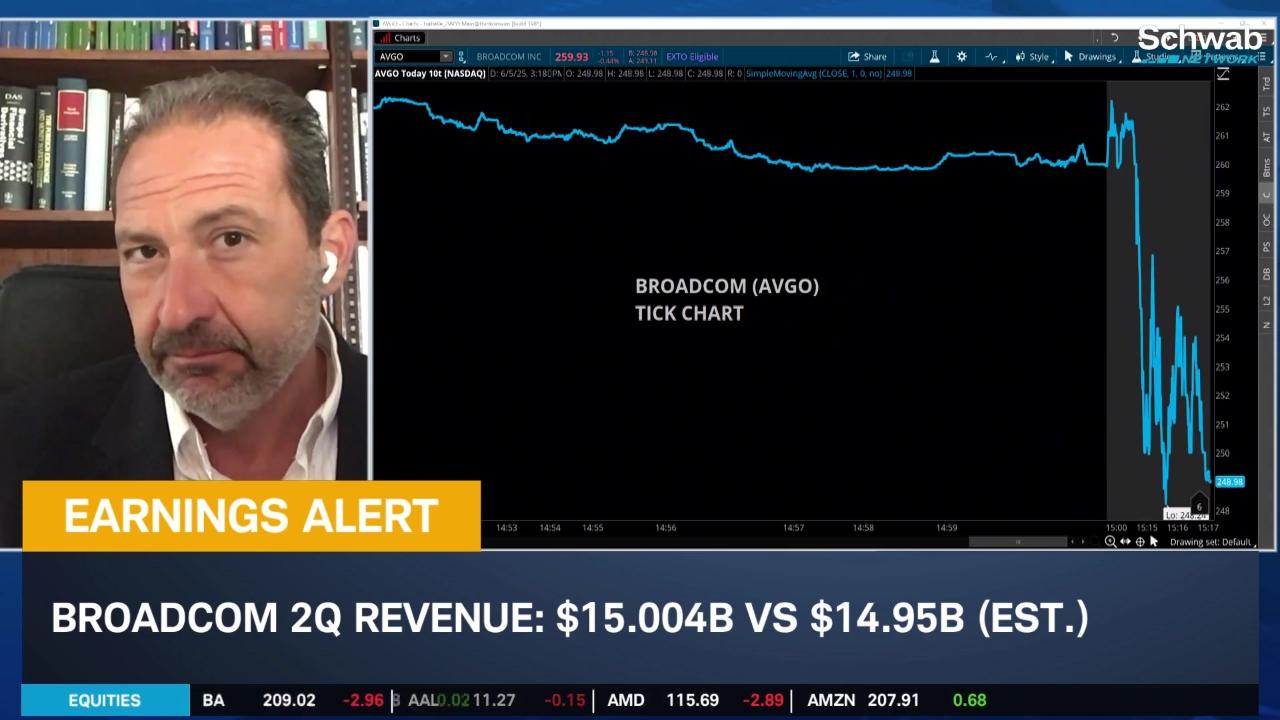- Market Minute
- Posts
- Market Minute: Wall Street Volatility Deepens as Economic Clouds Gather in Mid-2025
Market Minute: Wall Street Volatility Deepens as Economic Clouds Gather in Mid-2025

Wall Street ended Thursday’s trading session lower in choppy trade, marking yet another volatile day as investors grapple with an increasingly complex and turbulent macroeconomic environment. A sharp decline in Tesla (TSLA) shares helped offset modest optimism stemming from progress in U.S.–China tariff talks. The public feud between President Donald Trump and Tesla CEO Elon Musk intensified this week, triggering a heavy selloff in Tesla stock and erasing roughly $150 billion in the company's market capitalization. The episode underscores the broader mood in financial markets: jittery, headline-sensitive, and on edge.
Recent market behavior signals a new era of higher volatility and faster shifts in sentiment, driven largely by erratic economic policy changes and heightened geopolitical risk. Over the past several months, U.S. equity markets have been whipsawed by alternating narratives of recession fear, inflation anxiety, and hopes for fiscal stimulus. With policy announcements frequently reversed or delayed, investors are finding it harder to anchor their expectations.
Nowhere is this uncertainty more visible than in the bond market. Despite the Federal Reserve having cut its benchmark interest rate by a full percentage point since September 2024, the yield on the 10-year U.S. Treasury bond has risen three-quarters of a point, now hovering around 4.5%. This defies conventional market logic: normally, rate cuts push longer yields down, not up. But fears of uncontrolled fiscal expansion and potential inflation are overriding textbook patterns.
Much of the market's current angst centers on the U.S. labor market. Wednesday’s release of weaker-than-expected private payroll and services sector data raised fresh concerns that the economy may be slowing more sharply than anticipated. Challenger layoffs surged 47% year-on-year, and ADP’s private payrolls came in well below expectations. The focus is now squarely on today’s nonfarm payrolls report, with consensus expecting a slowdown to just 130,000 new jobs in May, down from 177,000 in April. Some forecasts suggest the number could come in as low as 110,000.
A significant downside surprise could ignite fears of stagflation—slowing growth amid persistent inflation—and put fresh pressure on the Federal Reserve to accelerate rate cuts. Although markets are pricing in a high likelihood of a cut by September, weaker data could move that timeline forward. Futures markets currently imply a 93% probability of a September rate cut, with another potential move in December.
The Federal Reserve’s delicate balancing act is also complicated by ongoing trade disputes and the administration’s tax policies. Although recent data suggest a slowdown, both businesses and households still show resilience. Corporate balance sheets remain relatively strong, and unemployment, while rising slightly, is still low at 4.2%.
Despite the headline and economic risks, equity markets have shown surprising strength. The S&P 500 notched its best monthly performance in 18 months in May, recovering earlier losses. Still, this rally may be out of step with reality. Slowing growth, high inflation, and persistent uncertainty point to continued volatility in the second half of 2025.
Morning Minute
Featured Clips
Tune in live from 8 a.m. to 5 p.m. ET, or anytime, anywhere, on‑demand.
Or stream it via thinkorswim® and thinkorswim Mobile, available through our broker-dealer affiliate, Charles Schwab & Co., Inc
Please do not reply to this email. Replies are not delivered to Schwab Network. For inquiries or comments, please email [email protected].
See how your information is protected with our privacy statement.
Charles Schwab and all third parties mentioned are separate and unaffiliated, and are not responsible for one another's policies, services or opinions. Schwab Network is brought to you by Charles Schwab Media Productions Company (“CSMPC”). CSMPC is a wholly owned subsidiary of The Charles Schwab Corporation and is not a financial advisor, registered investment advisor, broker-dealer, or futures commission merchant.




